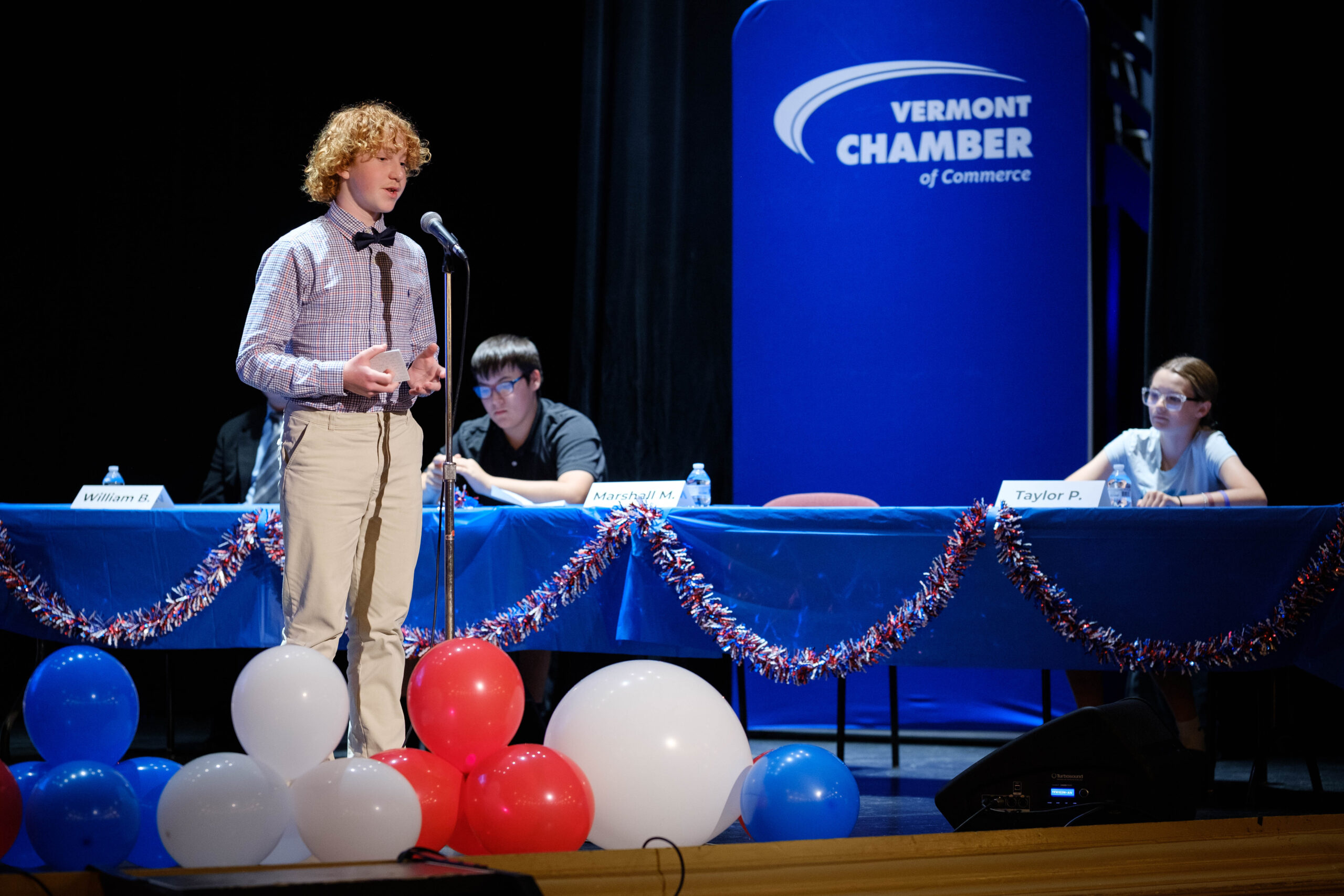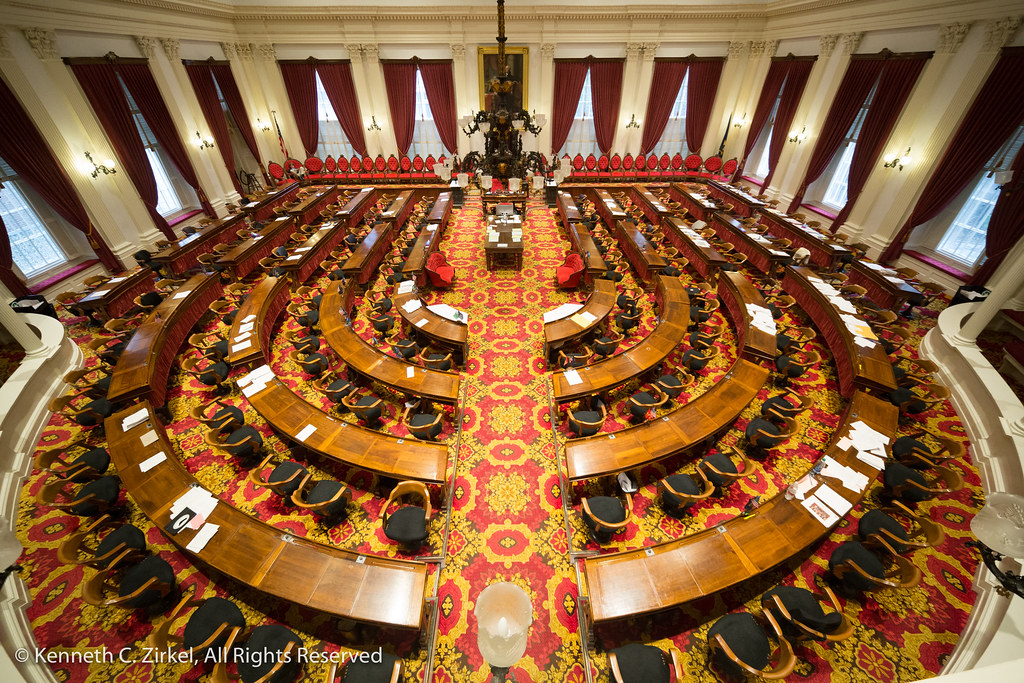UI Report Suggests Benefit Expansion through Tax Increase and New Fees
The House Ways and Means Committee reviewed the findings and recommendations of the recently-released report from the Unemployment Insurance (UI) Study Committee. There is interest in increasing weekly benefits by raising the minimum and maximum amount a recipient can collect, which the Vermont Chamber is concerned could draw down funds from the UI Trust Fund at an unsustainable rate. There is also an effort to pay for extra benefits for recipients, administrative costs, or system modernization. The Vermont Chamber is concerned about increasing taxes and new fees for employers, especially now as many are still struggling with the ongoing impact of the pandemic. Also, of concern for businesses is increasing weekly UI taxable wage base as the labor shortage continues to negatively impact business recovery. The Department of Labor is also constrained by the 1970s-era mainframe computer system and its legacy programming language, which the slightest adjustment could crash entirely. After routinely crashing under the strain of unprecedented UI claims during the pandemic, it’s clear that IT modernization must be a priority before implementing any policy changes.
SHARE THIS ARTICLE
RECENT NEWS



